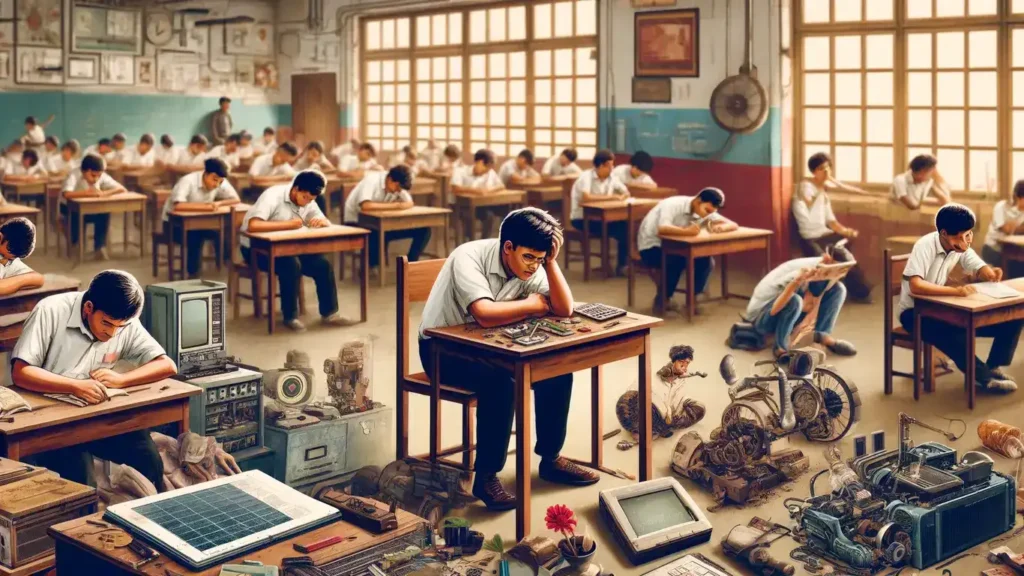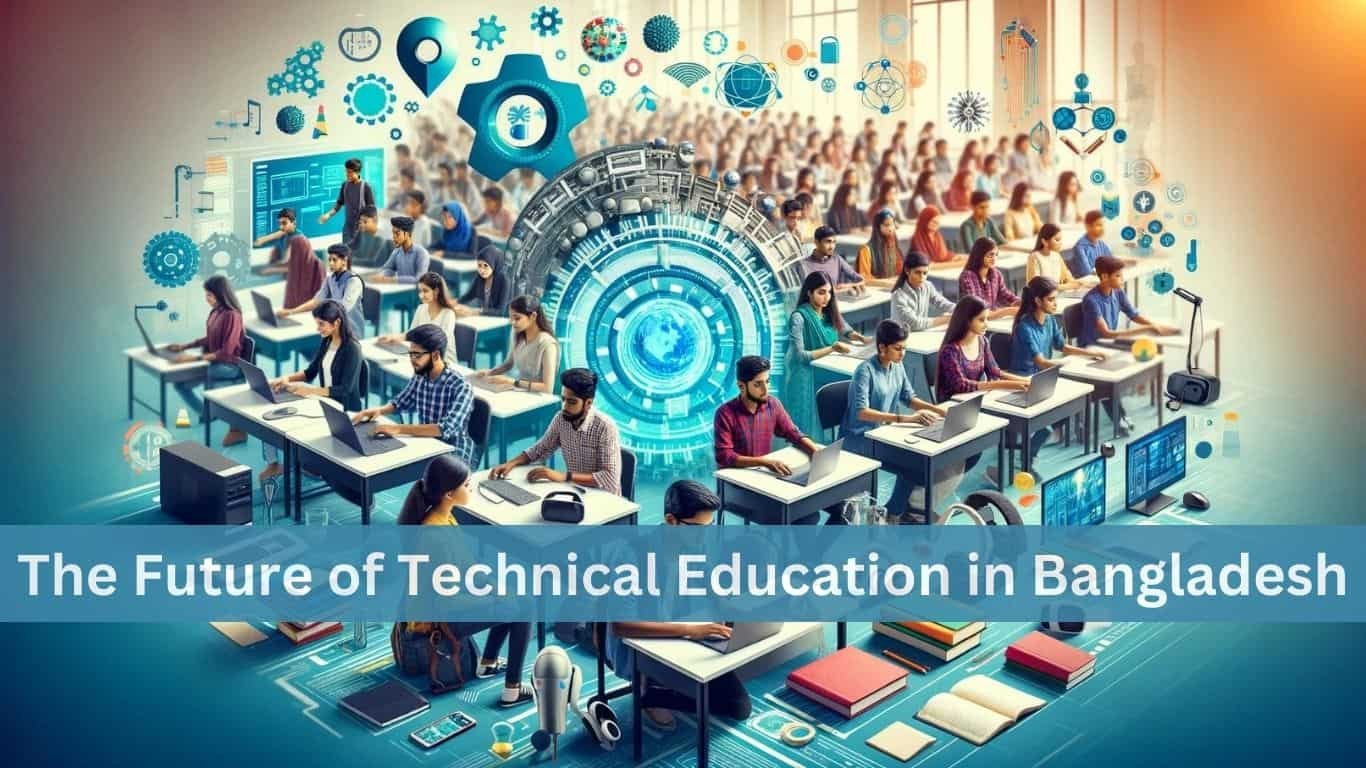In recent years, Bangladesh has seen a noteworthy shift towards enhancing technical education as a cornerstone for sustainable economic development. This focus on technical education is not merely a policy choice but a strategic necessity in a rapidly globalizing world where technical skills are paramount.
As we look forward, understanding the trajectory of technical education in Bangladesh is essential for shaping a future with abundant economic opportunities.
Table of Contents
The Current Landscape of Technical Education in Bangladesh
Bangladesh boasts a variety of technical institutions, including polytechnics and vocational schools, aimed at equipping students with specialized skills. These institutions serve as the backbone of technical education, catering to a growing number of students each year. Despite governmental efforts to promote technical learning, challenges such as underfunding and outdated curricula often hinder progress.
Challenges Facing Technical Education in Bangladesh

Technical education in Bangladesh confronts several hurdles. Many training centers lack modern equipment and technology, which is critical for students to acquire relevant skills in today’s tech-driven world. Additionally, there is a shortage of qualified instructors who can deliver industry-standard knowledge. The curriculum often lacks practical, real-world applications, making it difficult for graduates to transition into the workforce. Moreover, societal perceptions still favor traditional academic pathways over vocational training, impacting student enrollment in technical programs.
Opportunities for Growth and Improvement

The potential for enhancing technical education in Bangladesh is vast. Increased investment can significantly upgrade training facilities and resources, making technical education more appealing and effective. International partnerships can also be crucial in transferring knowledge and technology, further enriching the educational framework. Success stories of technical graduates who have carved out lucrative and successful careers can inspire more youths to pursue these paths.
Government and Private Sector Initiatives
The Bangladeshi government has launched several initiatives to bolster technical education, including grants and upgraded infrastructure. The private sector and non-governmental organizations have also contributed through scholarships, training programs, and building state-of-the-art training facilities. These efforts are crucial in bridging the gap between education and industry demands.
How Technical Education Can Drive Economic Growth
A robust technical education system can be a major driver of economic growth in Bangladesh. The country can enhance its workforce’s productivity by equipping students with the necessary skills, leading to increased industrial output and innovation. This alignment with Bangladesh’s economic goals and Vision 2041 can transform the nation into a middle-income country through enhanced job creation and economic stability.
The Role of Technology and Innovation in Technical Education
Integrating technology such as Virtual Reality (VR) and Augmented Reality (AR) in technical education can revolutionize learning methods and outcomes. These technologies offer immersive and interactive experiences, making complex training more accessible and engaging. Online platforms and digital tools can facilitate continuous learning and skill upgrading, essential in a rapidly evolving job market.
Future Prospects and Predictions
Experts predict a bright future for technical education in Bangladesh, with increased government and private investments leading to more advanced training centers and curricula aligned with global standards. The job market is expected to evolve, and technical education must keep pace by continually updating its offerings to meet new industry requirements.
Conclusion
The future of technical education in Bangladesh is on a promising path, filled with opportunities for growth and improvement. For stakeholders, from government officials to private sector leaders, the call to action is clear: invest in technical education and reap the benefits of a skilled, adaptable, and technologically proficient workforce. This commitment will pave the way for a prosperous economic future in Bangladesh.
Numerous resources are available for those interested in a deeper understanding of technical education in Bangladesh. Academic journals, government reports, and case studies provide extensive insights and data for further exploration.

